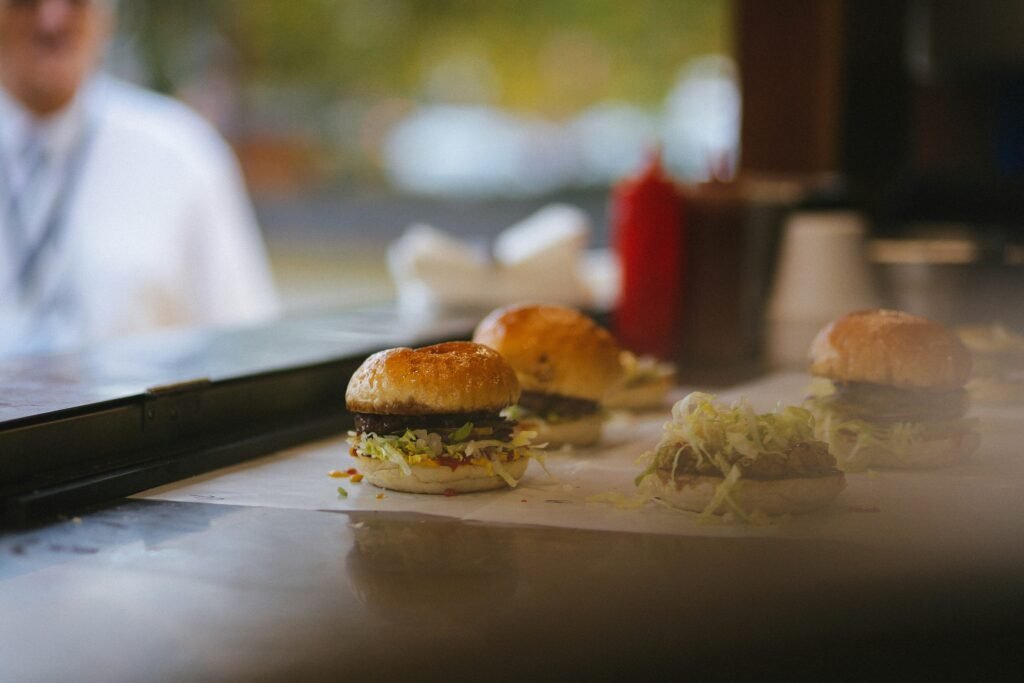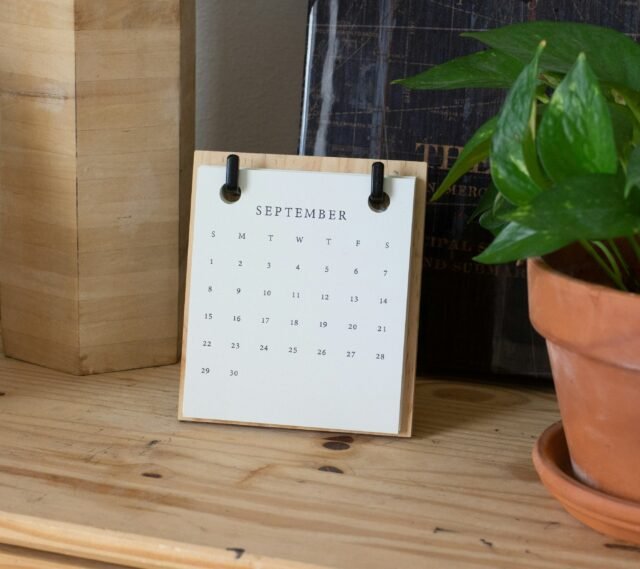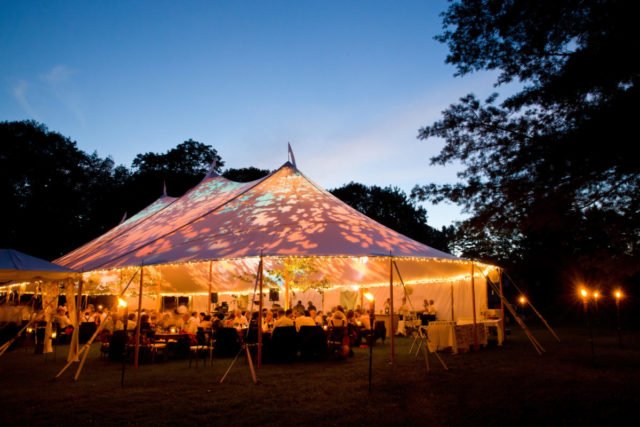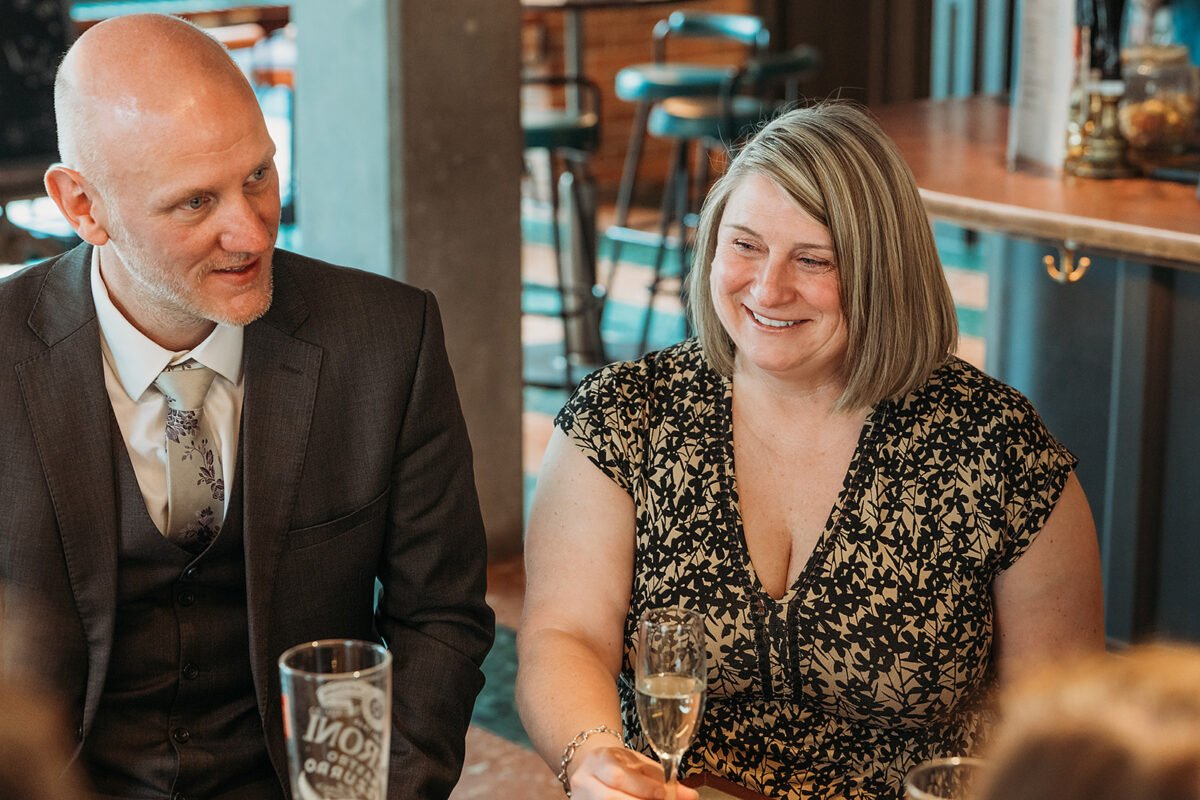Legal services
About a premises licence
Looking for help and information about premises licences?
You’re in the right place.
What is a premises licence?
If you are running, or thinking of running, any type of business that sells alcohol and / or provides entertainment, you will need a premises licence that allows you to provide ‘licensable activities’. This legal document sits at the very heart of a licensed business and, along with any conditions that may get applied to your licence, dictates many of your most important considerations. These include your trading hours, the exact areas where you can sell alcohol, what activities you can and cannot provide, the need for door staff and much more besides.
Broadly speaking, these ‘licensable activities’ that your premises licence allows come under three headings:
- Sale of alcohol
- Provision of regulated entertainment such as live music and recorded music (DJs)
- Provision of late night refreshment. This is selling hot food and drink between 11pm and 5am
It is not just physical buildings that you can get licensed. You can also obtain a premises licence for buildings that are under construction, plus more unusual locations such as: tents, marquees and even boats!
Once you obtain a premises licence, it is valid indefinitely. Although it can be lost at a premises licence review hearing. And it can also lapse if the holder dies, becomes incapacitated or insolvent and no premises licence transfer application has been made in time.
To obtain your premises licence, you will also need a designated premises supervisor who holds a current personal licence if you wish to have a premises licence authorising the sale of alcohol.

Premises licence
How to apply for a premises licence
In theory, applying for a premises licence is quite simple. The application is through the council where your property is located. And as you would expect, the majority of councils now manage this online.
The reality, however, is very different. Because it is not just the actual process that you need to get right, it is the contents of your application. We have made thousands of applications for premises licences over the years, covering every sector and type of operation you can imagine. And just as your business is unique, no one premises licence application is identical to another. We can help you draw up your detailed Operating Schedule which must accompany your application as well as advising on your layout plans to ensure that they comply with the legislation.
Once your application is lodged there is a 28 days consultation period where members of the public and responsible authorities can comment on the application. You are also required to display a blue notice at the premises to confirm that an application has been lodged and advertise your application in the local newspaper.
A poorly written premises licence application can attract a lot of negative representations (objections). These representations can be from the: police, fire service, environmental health, licensing committee and other businesses which have an interest in the area.
Representations can also be from vocal members of the public who often have powerful residents’ associations. And if your application receives representations and all involved cannot come to an agreement, you might end up in a formal hearing in front of a licensing committee.
The licensing committee will consider representations and can grant, reject or alter the terms or conditions of your premises licence. If, following a hearing, your application is refused you can appeal to the Magistrates’ Court against the council´s decision within 21 days of being notified of the decision.
Premises licence
How a cumulative impact policy can threaten your premises licence application
Another serious barrier you might face in obtaining a premises licence – or the premises licence you need to run your business in a way that suits you – is a cumulative impact policy; also known as a cumulative impact zone or special stress area.
If your premises is located in one of these areas – and there are now over 200 of them across England and Wales – there is a presumption that new premises licence applications will be refused. This also includes variations to existing premises licences, such as an increase in hours or capacity.
That is, unless you can demonstrate your new licence will not negatively impact on the licensing objectives (usually the ones cited are the Prevention of Crime and Disorder and Prevention of Public Nuisance).
Want to see if your premises is located in one of these areas? Then use this simple tool that we built for the trade.
As you can see, premises licence applications can be complicated.
However, our solicitors and legal experts can help you prepare an application that is most likely to get you the premises licence that you want. More often than not, we avoid the need for a licensing hearing by not only preparing the best application possible, but by negotiating with the various authorities and members of the public.
If you do work with us, you will be making your application knowing already how the main authorities are going to react, and whether they support it – in other words you will be in a much stronger position.
For instance, we recently obtained a new premises licence in Wimbledon Village, which has a cumulative impact zone and two very active residents’ associations. To ensure the residents were on our side, we met with the associations and shared plans for a new restaurant. This included showing architects drawings, branding and menus.
We also handed out food samples so residents could really get a feel for the quality of the planned restaurant. We also communicated with the police, fire service and environmental health to quash any fears and answer questions prior to submitting the premises licence application.
If we are unable to avoid a hearing, our solicitors are experienced in advocacy and regularly appear before licensing committees to fight our clients’ corner. In fact, we have appeared in every single licensing committee in England and Wales and won 1000s of premises licence applications and appeals.
Click here to choose a solicitor to speak with or call 0115 953 8500 or 0203 859 7760.

How long does it take to obtain a premises licence?
There is no simple answer to this. It depends on the type of operation you are looking at running. But as a ‘ball park’ time frame, it can take between 4 and 12 weeks for a licensing authority to grant a new premises licence.

What is a premises licence variation
If you want to make changes to an existing premises licence, like extending your trading hours or moving your bar area, you will need to make variation to your premises licence. There are two types of variation, a full or a minor. And the type of application you need depends on the changes you want to make. For example, if you wanted to increase your licensed area, you would need to apply for a full variation. But if your planned changes are small, maybe you want to add a licensable activity like playing recorded music, you would probably need a minor variation.
Premises licence
The 8 things you must do after you obtain your premises licence
- Your premises licence must be kept on your premises and be available for inspection by any police constable or person authorised by your local council. This does not have to be the original, you can use a certified copy. For clarity, certified copy means that a solicitor has read and certified the licence
- You must display the ‘licence summary’ (Part B) at your premises where it can be easily seen. The summary (Part B) must be prominently displayed at your premises. It is common to put this behind the bar area
- If your premises licence is lost, stolen or destroyed and you do not have a certified copy you can contact your local council for a copy, who may charge a small fee.
- If you wish to surrender your licence you must inform your local council
- If you wish to make any changes to your designated premises supervisor, operating hours, activities, conditions or any alteration to the premises, you must apply through a premises licence variation
- If you change your name or address you must inform your local council
- You must apply to your local council if you wish to transfer the licence to someone else
- You must pay your local council an annual fee for your premises licence. This is based on the rateable value of your property. This fee ranges from £100 to £1,905 but if your premises doesn’t have a rateable value, it will fall into the lowest fee band.
For more information on premises licences, other licences needed in the licensed trade / in alcohol licensing our solicitors and legal experts would be more than happy to help. Or you can call the offices on 0115 953 8500 and 0203 859 7760.
